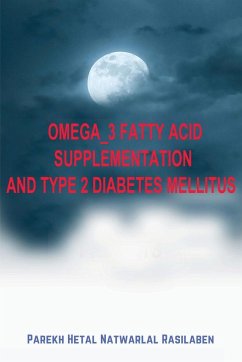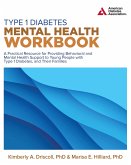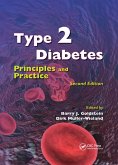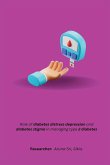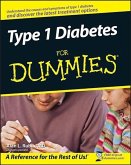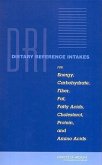Nutritional etiology of metabolic stress has been well documented in diabesity. However, influence of faulty dietary practices and/or RBC membrane omega 3 and omega 6 fatty acid profiles on glycemic and inflammatory control among type 2 patients is less studied. This book is based on a study of the effect of omega-3 PUFA supplementation on glycemic control, inflammatory response and erythrocyte fatty acid profile of vegetarian and non-vegetarian Type 2 Diabetes mellitus patients. The book describes the methodology of the study which was conducted in two phases: In phase 1, a total of 200 uncontrolled type 2 diabetic patients with mean age of 50.5±6.2 years were enrolled by using purposive sampling technique. Eighty DM patients with lower intake of omega 3 FA were selected from phase 1 and were randomly divided into 2 groups. Control group were provided only diet counselling but the experimental group was given omega 3 fatty acid supplementation to be consumed twice a day for 3 months in addition to diet counselling. All the participants were assessed pre and post for glycemic control, inflammation marker and RBC membrane fatty profile. Results of Phase 1 showed poor nutrient status among participants i.e. significantly higher incidence of obesity, poor glycemic control and higher inflammatory markers. They also had lower intake of energy, carbohydrates, protein, and EPA/DHA but higher intake of total fat and SFA than their respective RDAs. A complete imbalance in the fatty acid consumption was observed among participants. Their n-3 fatty acid consumption was negatively correlated with HbA1C and hs-CRP levels while pro-inflammatory food intake was significant positively correlated with the same (p<0.05). Among the participants, vegetarians had significantly higher obesity, lower consumption of protein, higher fat intake, and higher MUFA intake compared to non-vegetarians. A non-significant difference was observed between vegetarians and non-vegetarians with respect to their fatty acid. Lower FBS, PPBS, HbA1C and higher hs-CRP were observed in vegetarians (p>0.05). Dietary omega 3 fatty acid intake was found to be significantly negatively correlated with metabolic stress among vegetarian participants (p<0.05). The gender wise comparison showed significantly higher body fat percentage in females and significantly higher visceral fat percentage and LBM percentage in males (p<0.05). Males consumed higher energy, carbohydrate and protein, lower percentage RDA intake of energy, and fats as compared to females (p<0.05). Phase 2 results showed extremely low level of erythrocyte membrane n-3 fatty acid fatty acid content of the participants. A significant decrease was observed in HbA1c and hs-CRP post intervention in both experimental and control group. Although the erythrocyte alpha linolenic acid increased significantly (p<0.05) in experimental group, no additional benefit was seen in their FBS. Thus the study showed higher level of nutrient related metabolic stress with lower consumption of omega 3 fatty acids in uncontrolled type 2 diabetic patients. Results of the intervention trial indicated the possibility of controlling inflammation and improving glycemic indices among Type 2 Diabetes mellitus patients through diet modification with special emphasis on omega 3 FA content.
